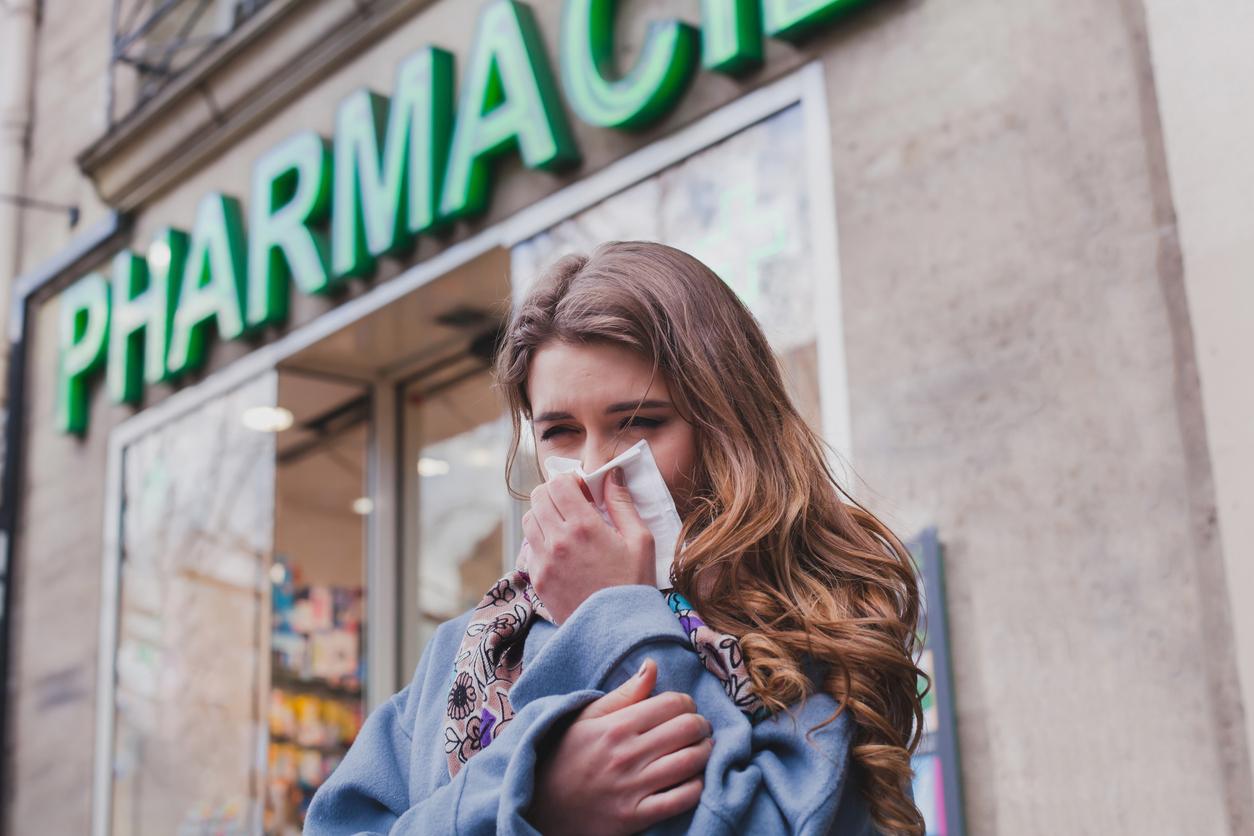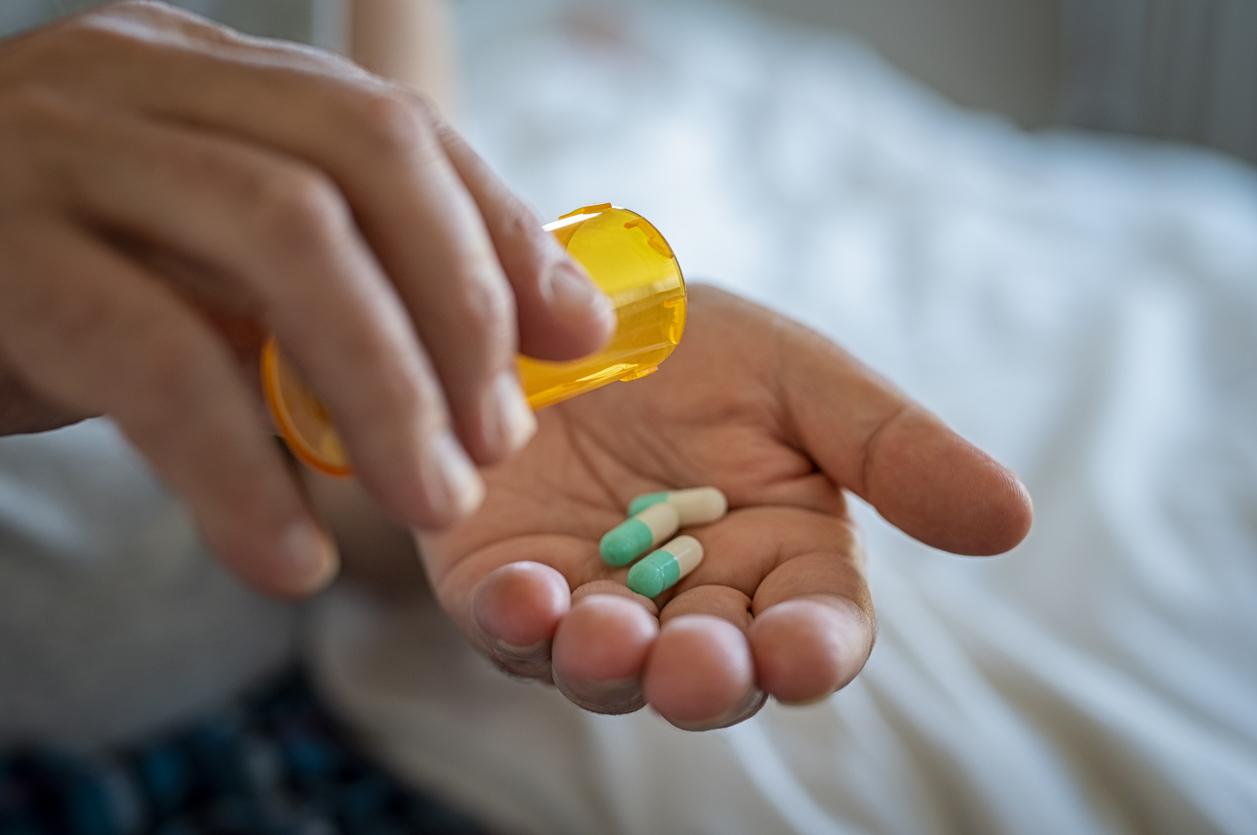For budget reasons, patients pay more attention to the price of non-reimbursed treatments than to the brand.

- For budget reasons, 61% of French people have already had to give up buying drugs that are not reimbursed.
- In 2023, 88% of them bought drugs without a prescription, among them, 29% were unable to advance the costs of a consultation.
- This phenomenon concerns the youngest and most modest categories.
In times of inflation and declining purchasing power, self-medication products are not immune to budgetary constraints. According to the Ifop survey, 61% of French people have already had to give up buying non-prescription drugs because of their price. In 2009, they were 36%. This is more observed among the poorest and youngest citizens (18-24 years old). To deal with this situation, 70% of people pay more attention to the price of non-reimbursed drugs than to the brand. “88% say they are ready to favor products of equivalent quality to the big brands but at a lower price. The advice of the pharmacist remains decisive in the choices, at 83%.”
“The French must have the choice, in pharmacies, to go for alternatives that are less expensive and as effective as the reference brands. Treating yourself, with or without a prescription, should not be a question of budget. It is to all the more strategic at a time when purchasing power and access to care are at the heart of concerns”, says Jérôme Wirotius, CEO of Biogaran, in a press release.
Non-prescription drugs for mild ailments
In order to relieve mild symptoms, the French have more and more the reflex to turn to their pharmacist. As proof: 88% of them bought drugs without a prescription in 2023, compared to 58% in 2002. This is revealed by a recent study carried out by Ifop for Biogaran, which was carried out using an online questionnaire with a sample of 2,005 people, representative of the French population aged 18 and over.
Medical consultation: 29% of French people cannot advance the costs
According to the results, 57% of the adults questioned obtained a treatment without reimbursement, because it was necessary to wait too long for an appointment with the doctor. “29% did not have the financial means to advance the consultation fees.” In this context of difficulty of access to care, the unions of liberal doctors learned, on April 24, that their consultations will increase by 1.50 euro in the fall. Clearly, patients will have to pay a minimum of 26.50 euros for general practitioners and 31.50 euros for specialists. This increase will be fully covered by health insurance.

















